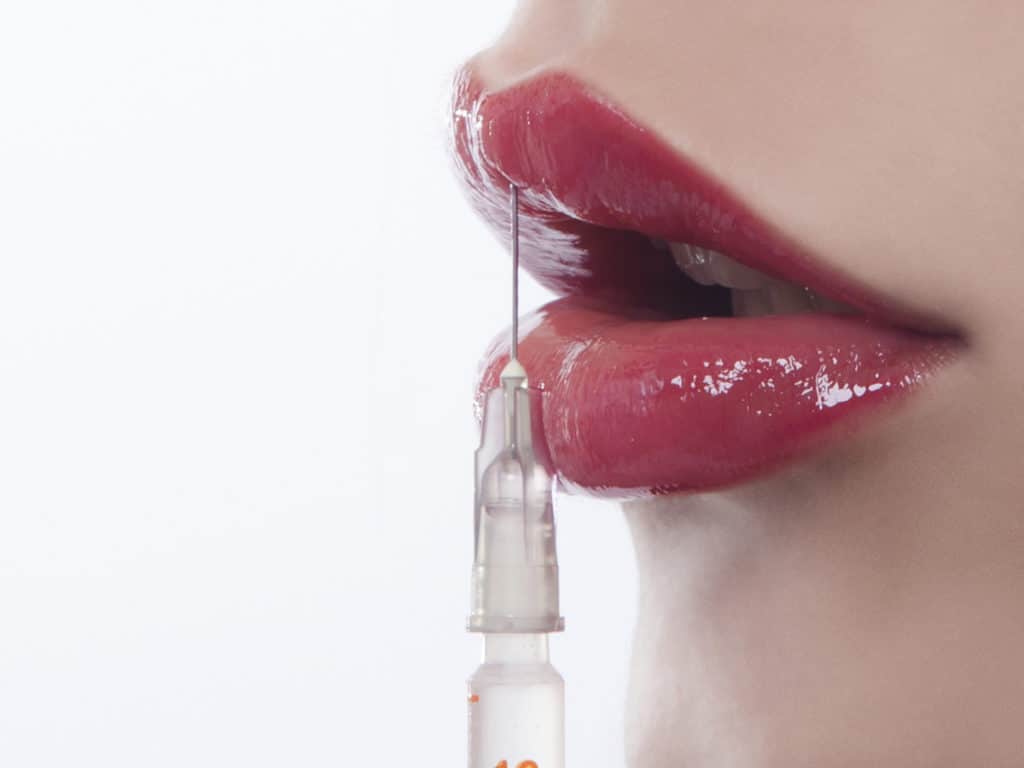You’ve thought about it for a long time and you’ve finally made the decision to proceed with plastic surgery. You’re definitely excited, probably nervous, and absolutely want the best results you can achieve. Here are a few words of advice to help you feel better, recover more quickly, and lower your risk of complications.
-
Be prepared.
- If you show up for surgery without any plan for what you’ll need at home, no food in the fridge, and no one to take your kids to school tomorrow, your surgery and its recovery is bound to be more stressful than it needs to be. Read the instructions provided by your surgeon. They’ll have helpful advice you may not have considered since they do these procedures every day. Some patients don’t do their “homework” prior to their procedure to review the information provided by their surgeon because wound care or drains gross them out, but hearing about these things for the first time when you’re groggy after surgery is not going to make you a confident and competent participant in your own post-op care. If your doctor gives you your prescriptions prior to the day of surgery (I do – it’s so much easier for everyone involved), don’t wait the day of surgery to fill them! You don’t want to be stressing about your lost prescription at 5 AM or waiting in the car while your driver stops on the way home to run into Walgreens.
-
Have help.
- But not too much help – Some patients look forward to being pampered by their spouse or parent as they recover. Family members may think that doting on you is helpful and/or what’s expected of them after surgery. An overly helpful caregiver is actually a hindrance to a safe and speedy recovery. One of the risks of any surgery is blood clots in the legs that can break off and go to the lungs. Patients are prone to this complication due to inactivity during and after surgery. Laying on the couch and having someone wait on you hand and foot is not helping you and can increase your risk of this serious complication. I tell my patients that starting on the day of surgery I expect them to be up and walking, even if they don’t feel like doing it. If you’re thirsty, go get your own glass of water. If you’re hungry, go fix yourself a snack. You can let your caregivers help you do these things, but don’t treat your recovery as an opportunity to be treated like royalty. I do recommend letting these well-meaning caregivers do the dishes, laundry, vacuuming, driving, and other chores for as long as you can convince them to do so!
-
Get moving.
- Aside from the safety issues noted in #2, getting up and being active will actually make you feel better sooner than laying on the couch. I suggest making a lap around the living room once an hour during normal waking hours. Get out of the house and take a walk around the block as soon as you feel up to doing so. There is such a thing as being too active, so don’t take this advice to extremes (you don’t need to log your daily 10,000 steps during your recovery).
-
Follow the rules.
- Your surgeon will tell you what they want you to do as you recover. They have done this a lot and want you to recovery uneventfully with beautiful results that you will love and of which they can be proud. Don’t adjust your post-op care based on what your friend did after her surgery, what your grandmother recommends, or what you read on Real Self. If you’re a smoker, your surgeon probably told you that smoking increases your risks of surgery (infection, poor scarring, wound healing problems, etc.). I bet they told you to stop prior to surgery (I recommend at least 4 weeks but longer is better) and while you recover. If you want the best results you can get, use this as motivation to stop smoking for at least these weeks around the time of your surgery. Who knows, maybe after a month of no smoking, you’ll find it manageable to quit for the long term.
-
Don’t go to the internet for answers to your questions.
- I can’t stress this enough!!! You chose your surgeon because you thought they did good work and would take good care of you, so why would you take the advice of a random person on the internet rather than just calling the doctor that knows you and your body the best? As the recipient of patient phone calls, I would rather you ask me a question that you’re not sure is important than ignore something that’s potentially problematic because Dr. Google told you it was okay. We don’t get upset when patients call with questions as long as you’re not calling about clearly non-urgent issues in the middle of the night. (e.g. 2 AM is not an appropriate time for a “Can I restart my vitamins today?” or “When can I color my hair?” phone call)
So, if you’re one of my patients or plan to be one in the future, I hope these tips help you navigate your recovery and optimize your experience. If you are not one of my patients and are having surgery elsewhere, please follow the advice and instructions of the surgeon you entrust with your care, particularly if their protocol is different than mine.
If you are interested in scheduling your consultation with Dr. Peters, please call us at 708-524-1400 or fill out our contact form today.



